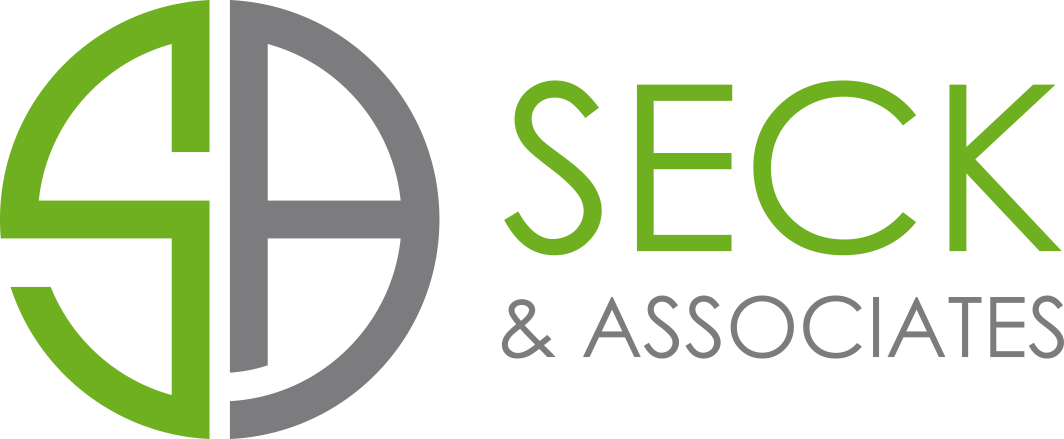Introduction
The United States has recently taken a significant step towards combating financial crimes by enacting the Corporate Transparency Act (CTA). Passed as part of the National Defense Authorization Act, the CTA requires companies to disclose their beneficial ownership information. This new legislation aims to make it harder to conceal illicit activity via corporate anonymity, thereby better safeguarding the U.S. financial system as a whole.
What is the Corporate Transparency Act?
The CTA requires certain U.S. limited liability companies, corporations, and other entities to provide the Financial Crimes Enforcement Network (FinCEN) with detailed information about their beneficial owners or anyone who owns or controls at least 25% of the ownership interests of the entity.
Who Has to Report?
Any entity that is a corporation, a limited liability company, or is created by filing a document with a Secretary of State or similar office under the law of a state or Indian tribe and that does not qualify for an exemption.
Access to the fee-free reporting system became available on January 1, 2024. Companies that existes before that date will have one year to file an initial report with FinCEN. Any company formed after that date will have 90 days to file an initial report.
For any US domestic company, the individual responsible for filing the report is the same individual who filed the companies original formation documents.
What is a FinCEN identifier?
Thsi is a unique number issued by FinCEN to individuals and reporting companies who apply for one by providing all the information that otherwise has to be included in the initial report. A reporting company may use this FinCEN identifier number in lieu of providing each piece of identifying information.
Businesses Implications
For businesses, the CTA introduces another set of compliance requirements.
Companies must make sure their information is up-to-date and accurately reported to the FinCEN. For those falling under the purview of the CTA, they must disclose the name, date of birth, address, and a unique identifying number (such as a passport number) for each beneficial owner. Failing to do so could result in stringent penalties against the offending entity. While the filings themselves can be tedious, the information required also has implications for privacy, as the collected information will be accessible by law enforcement agencies and, in certain cases, by financial institutions conducting due diligence.
If you would like help filing this report or would prefer that we file the report for your company please reach out to us at sseck@seckassociates.com. We are happy to discuss your FinCEN reporting needs or any other potential business needs you may have.

